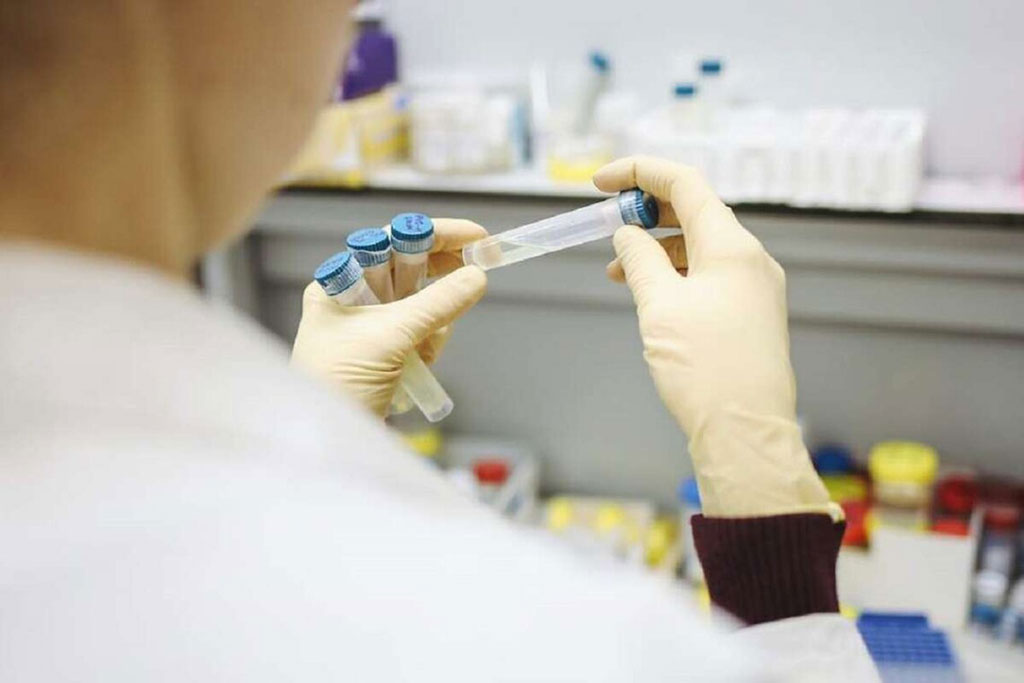dd-cfDNA Test for Assessing Kidney Transplant Rejection Performs Strongly in Real-World Study
Posted on 18 Feb 2022
A large, real-world study has confirmed the strong performance of its donor-derived cell-free DNA (dd-cfDNA) test in assessing rejection for kidney transplant patients.
Natera, Inc. (Austin, TX, USA) has announced the results of a large, multi-center clinical experience study showing excellent positive predictive value of its Prospera kidney test. The Prospera test leverages Natera's core single-nucleotide (SNP)-based massively multiplexed PCR (mmPCR) technology to identify allograft rejection non-invasively and with high precision and accuracy, without the need for prior donor or recipient genotyping. The test works by measuring the fraction of dd-cfDNA in the recipient's blood. It can be used by physicians considering the diagnosis of active rejection, helping to rule in or out this condition when evaluating the need for diagnostic testing or the results of an invasive biopsy.

The new study has reported the real-world impact of dd-cfDNA on patient management in a multi-center, real-world clinical cohort, including 879 patients evaluated from 33 participating clinics. Eighteen of the 28 patients with biopsy-matched high-risk Prospera dd-cfDNA test results were confirmed to have active rejection, demonstrating a reported 64% positive predictive value (PPV). Further, six of the remaining 10 patients had borderline TCMR or other pathologic conditions consistent with other types of kidney injury.
"The data indicate that incorporating dd-cfDNA testing into practice may improve physician decision making regarding renal allograft recipients," the researchers summarized.
Related Links:
Natera, Inc.













